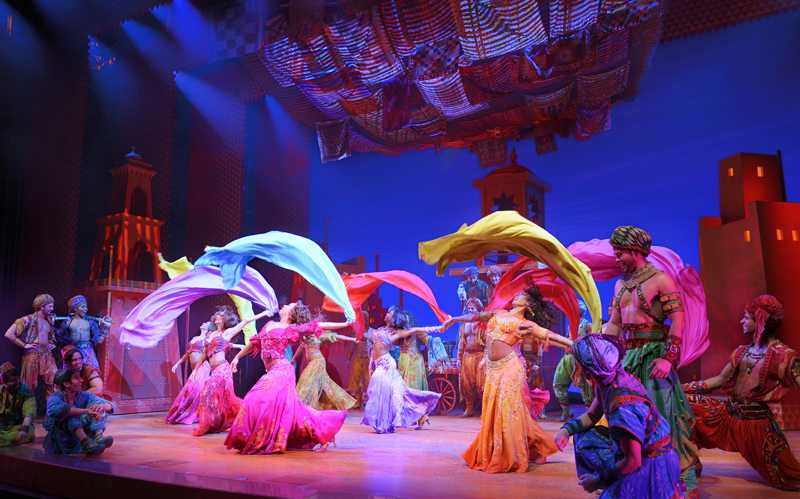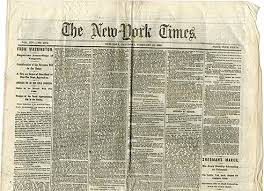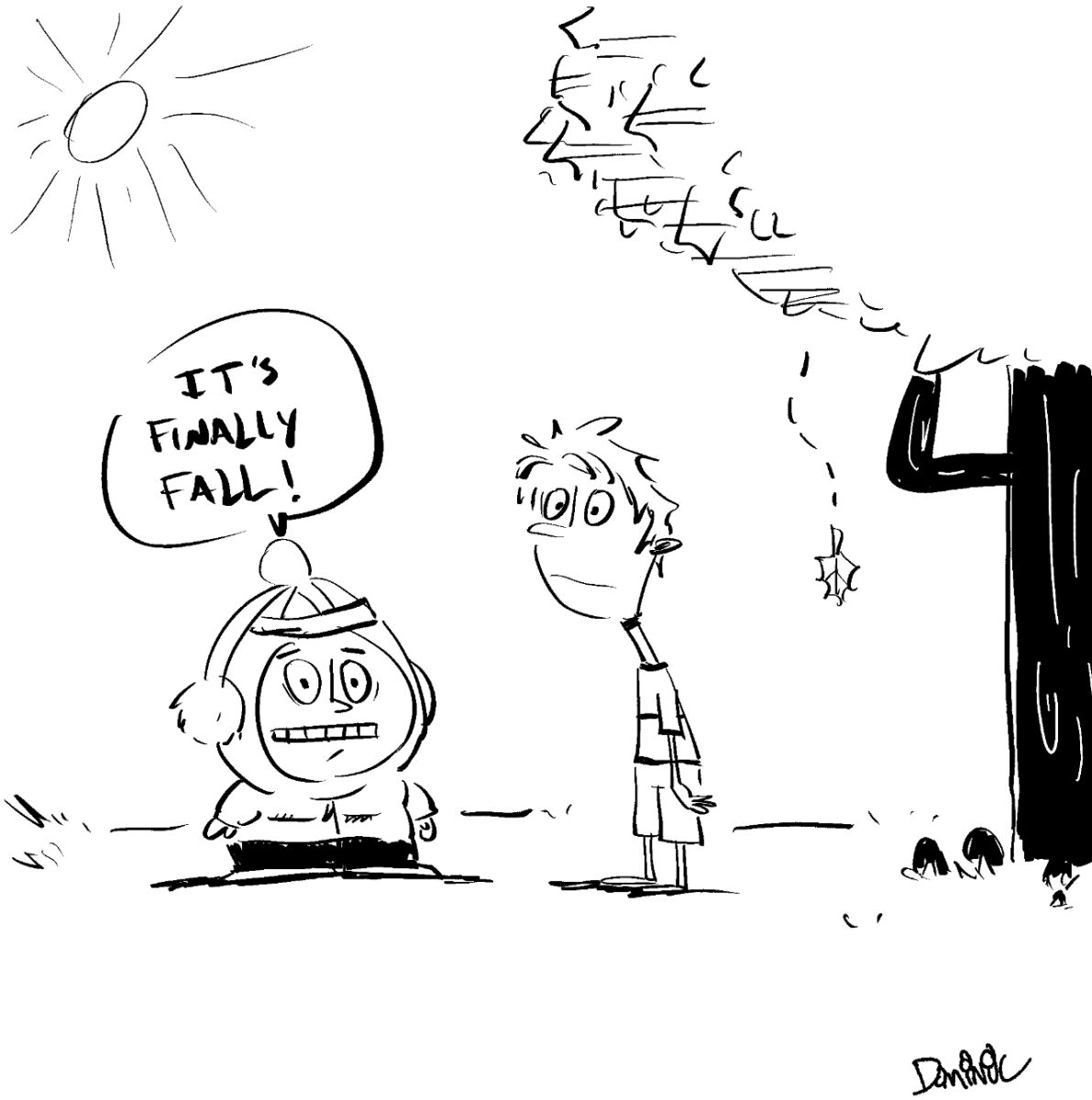What Goes on Behind the Scenes of Musical Theatre?
Disney Theatrical Productions under the direction of Thomas Schumacher presents Aladdin, the new musical, music by Alan Menken, lyrrics by Howard Ashman and Tim Rice, book and additional lyrics by Chad Beguelin at the Ed Mirvish Theatre in Toronto, Canada, starring: Adam Jacobs (Aladdin), James Monroe Iglehart (Genie), Courtney Reed (Jasmine), Brian Gonzales (Babkak), Brandon O’Neill (Kassim), Jonathan Schwartz (Omar), Clifton Davis (Sultan), Don Darryl Rivera (Iago), Merwin Foard (standby Jafar/Sultan), Michael James Scott (standby Genie/Babkak) and Jonathan Freeman (Jafar) directed and choreographed by Casey Nicholaw
September 13, 2018
Have you ever wondered what goes on backstage while actors are singing and dancing on a stage with props? Five years ago, you would have found a starstruck nine-year-old sitting in a red-cushioned seat, in awe of the set changes and bright colorful costumes. Little did that nine-year-old girl know how much work is truly put into a production for it to be ready to show to the public. The audience only sees the perfected version of the show after hours and hours of rehearsal. So, take a seat whilst I take you through the many trials and errors of musical theatre!
The very first process in any musical theatre company is auditions. As a thespian and pretty daring person, I think auditions are quite unnerving. Being surrounded by a ton of talented boys and girls definitely adds tension and uneasiness. Although we are a pretty tight-knit family, the tension always tends to rise during auditions. After two days of singing and dancing, the cast list finally gets posted. All of the boys and girls once again gather around the door awaiting their fate. Eventually, the lady posts the list to the door and that’s when anxiety surges through my entire body. The question of whether or not I made it speeds through my mind as I skim the list to find my number. Finding my number on the list is the most rewarding feeling, and I was lucky to find my name on the callback list as well! After everyone has gone home feeling either sad or excited about the outcome, the staff calls the boys and girls to go inside to read for certain parts. Now, this process can take either five minutes or four hours; it honestly depends on the director’s view. The next day, the directorial team posts the cast list with parts to their website, and that’s how auditions work!
The next tiring, but a fun process in musical theatre is rehearsals. Once you get cast in a musical production, rehearsals begin the following week. Rehearsals take up the majority of my week depending on the role I am assigned. If I am given an ensemble role, my rehearsals are cut down more than a lead character’s would be. Rehearsals are on Thursdays, Fridays, and Saturdays. Musical theatre requires your full attention, energy, and a lot of talent to pull off a production in about a month and a half. Usually, rehearsals during the week range from 2-3 hours; on Saturdays, rehearsal typically lasts for 4 hours. Theatre definitely takes up a ton of your time, but, in my opinion, it’s so much fun and a good opportunity to step out of comfort zone. Sometimes, it can get hard balancing school, work, sleep, and other outside activities, but theatre prepares you for college and adulthood because you’re going to have to learn how to be responsible and balance many things in your schedule on top of working a job.
One of the other energy-depriving processes in theatre is, as I call it “Heck Week”, but it’s also referred to as “Tech Week”. This is the week that the directorial team and the cast run the show with lights, tech, costumes, hair, and makeup. This week is very tiring. After a long day of school, you go home, eat a snack, and chill, right? Well, that does not exist in this week of rehearsals. After a 6-hour-long school day, I have to go home and get into my costume, put on my makeup, and put my hair in one of the selected hairstyles the show requires. Let me tell you, it takes a LONG time, especially since the hairstyles tend to be more advanced. This week requires a lot of patience because the technical part of the show takes time for the committees to get the hang of. Getting the show started takes a while, too. As I said before, it’s definitely a great learning experience to balance your schedule and learn how to be patient in circumstances that require it. The only downside of “Heck Week” is – since rehearsals take up a lot of energy and time – sleep nor homework is popular. Unfortunately, getting sick has occurred a few times due to lack of sleep and stress that the school day brings. So, “Heck Week” has its downsides, but there are always upsides in any situation! In this week of stress and piles of homework, you bond with others and sprout new friendships! In theatre, since you’re around the cast so much you can learn more about others and you get to live life to the fullest with each other. Stepping out of your comfort zone can be difficult, especially if you’re shy, but at the end of the day, you’ll learn more about yourself and have a new sense of pride.
Last but very not least, IT’S SHOWTIME!!! Showtime is the most exciting and fun process of theatre! Now, remember that starstruck 9-year-old at the beginning of this article? She’s finally going to get the inside scoop she’s been waiting for. After that very long week of perfecting and nailing the show down, showtime creeps in, filling each actor with nerves and excitement. Before heading to the theater to perform, the whole cast and directors pray and warm up. We warm up with games; sometimes, we even recite Shakespeare! Later, behind the curtain, the audience chatters, filling the entire theater with heaps of energy! The prologue begins, and actors hurry to their beginning spots, saying things such as, “Break a leg!” or “Good luck!” The next thing you know, the curtain opens, revealing sets and actors in costumes gleaming in the spotlight! As the audience is enjoying the show, actors and actresses are setting up props for the upcoming scene, dashing to their next entrance, or in the dressing room for a quick change. When onstage for each number or scene, it’s a new experience! There’s always room for improvement and more fun. Of course, it’s not live theatre without some malfunctions every now and then. I could tell you so many funny and memorable moments due to malfunctions. They range from props breaking, falls on stage, or even forgetting lines. Moments like these are what make theatre memorable. Finally, the lights go out, and the cast takes a bow as we wave to the audience, thanking them for coming out to support us. In my theatre group, after opening night closes, we usually head to Corky’s to grab some pancakes and celebrate our success!
Taking everything into account, theatre truly is so much fun and a great learning experience for those looking to break out of their shell and have fun! Theatre prepares you for the future and energy-depriving activities. It teaches you how to love others and how to respect others’ views, whether it may be on how a director views a scene or how a cast member feels toward a dance. Theatre teaches you traits that are so valuable in life; honestly, why not try it out? Do you want to step out into the unknown of crazy thespians, bright costumes, and family? I dare you to try it out. It may just change your life!













Natalie Mosso • Oct 29, 2018 at 6:35 pm
I loved the vivid descriptions of the musical theatre process! As someone who has attended multiple musical theatre shows, I have a newfound appreciation for all of the hard work that is implemented into each and every show. Thank you for this wonderful insight on the world of musical theatre. Keep up the good work!